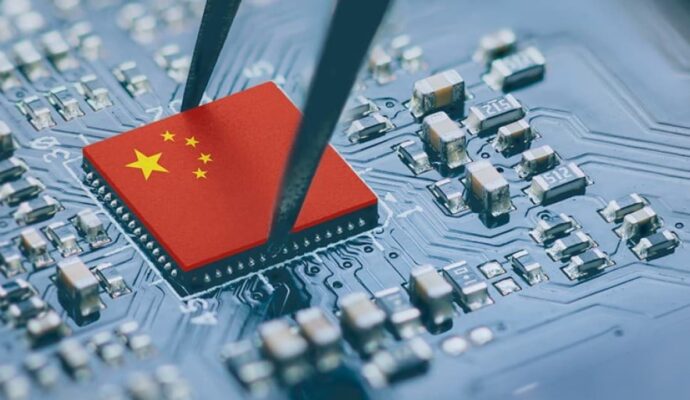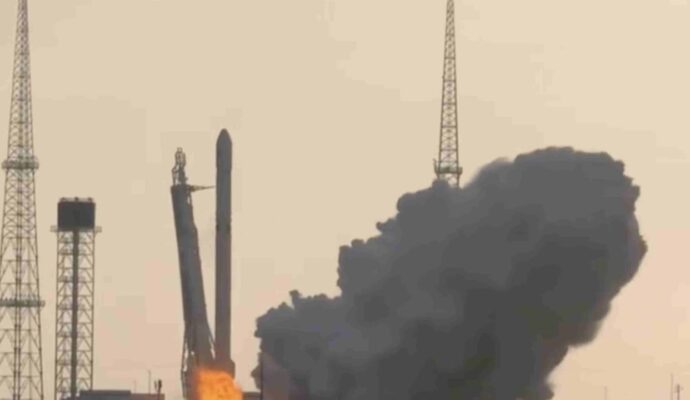Wang called Hungary “a European country of unique influence that adopts an independent policy”. He said Beijing hoped Budapest would encourage the EU to take a “rational and friendly view of China’s development” and pursue a “more active and pragmatic China policy”.
“[China hopes Hungary will] strengthen China-EU strategic communication, create more positive expectations for mutually beneficial cooperation, and promote the sustained, stable and healthy development of China-EU relations,” Wang said, according to the readout.
In response, Szijjarto said Hungary opposed “decoupling” with China, and welcomed more investment from Beijing flowing into his nation under the Belt and Road Initiative, according to the Chinese readout.
The foreign minister also said Hungary had always believed that treating China as a partner was “a right choice”, while regarding the powerhouse as an enemy would only lead to “missed opportunities”. Szijjarto vowed to boost China-EU relations through connections with Budapest and Beijing.
“China is a major country with global influence. Hungary welcomes China’s increasing role in maintaining world peace and stability. Hungarian-Chinese and European-Chinese relations must remain robust in the current turbulent international situation,” he said.
Trump hosts Hungary’s Orban at Mar-a-Lago, praises him as ‘fantastic leader’
Trump hosts Hungary’s Orban at Mar-a-Lago, praises him as ‘fantastic leader’
Szijjarto’s trip to China came as China-EU official exchanges reached a high this year, even as relations between the two economies are souring, including visits to Beijing by German Chancellor Olaf Scholz, Dutch Prime Minister Mark Rutte and French Foreign Minister Stephane Sejourne.
Meanwhile, amid the ongoing Ukraine war and US-China rivalry, some EU countries have taken action against China in the name of national security in recent months.
Under Prime Minister Viktor Orban’s rule, Budapest has been widely seen as a Beijing and Moscow-friendly hard-right EU member. This year, the European bloc’s parliament firmly questioned and tried to revoke the country’s coming presidency.
Since Vladimir Putin invaded Ukraine, Hungary has extensively used its veto power to derail decisions related to punishing Russia or aiding Ukraine, such as the EU ban on Russian oil and the 50 billion euro (US$53 billion) special fund for Ukraine.




